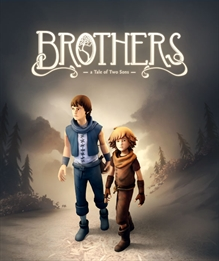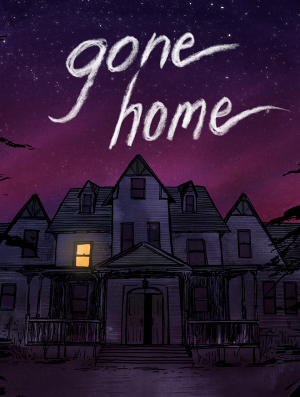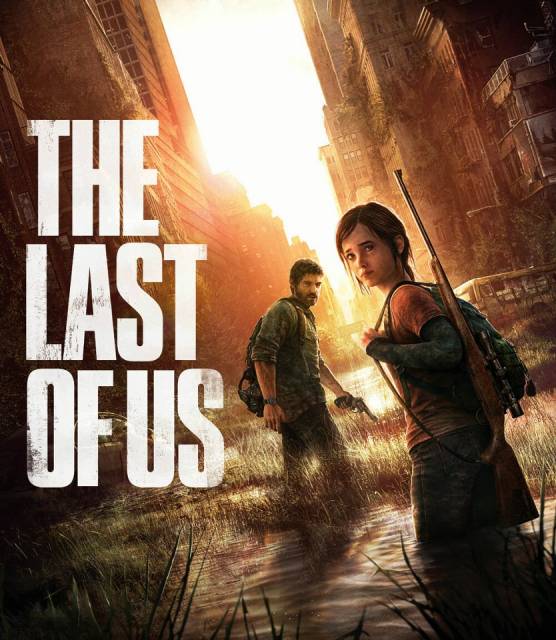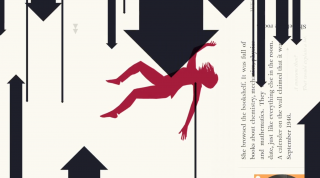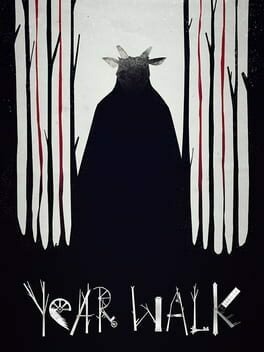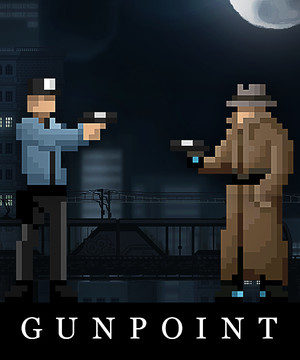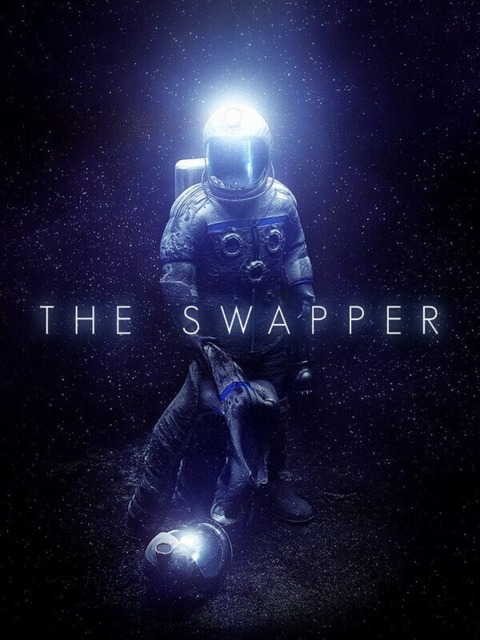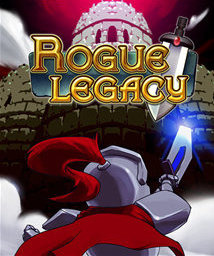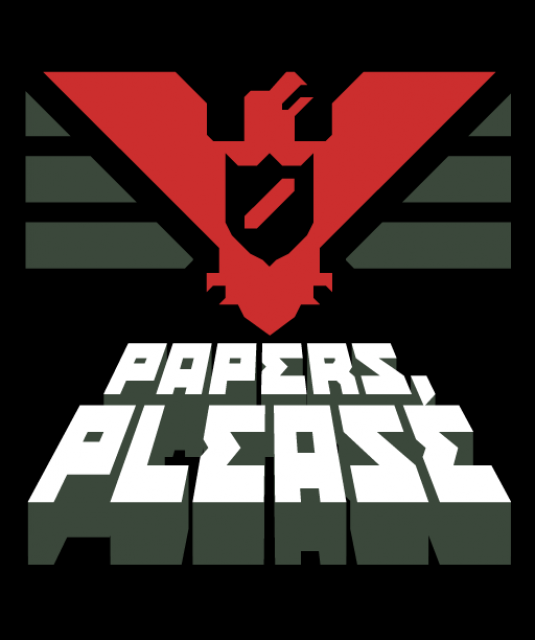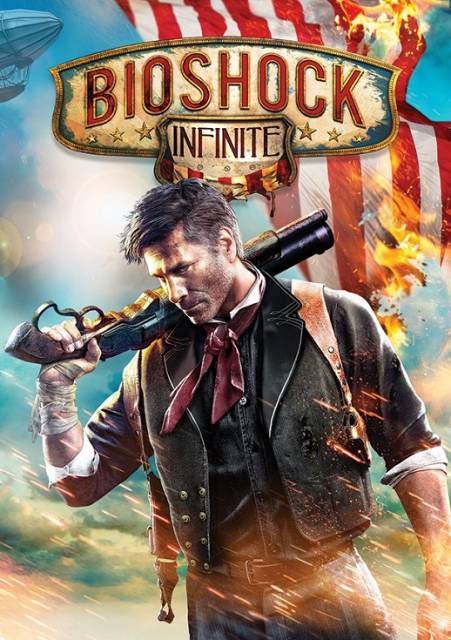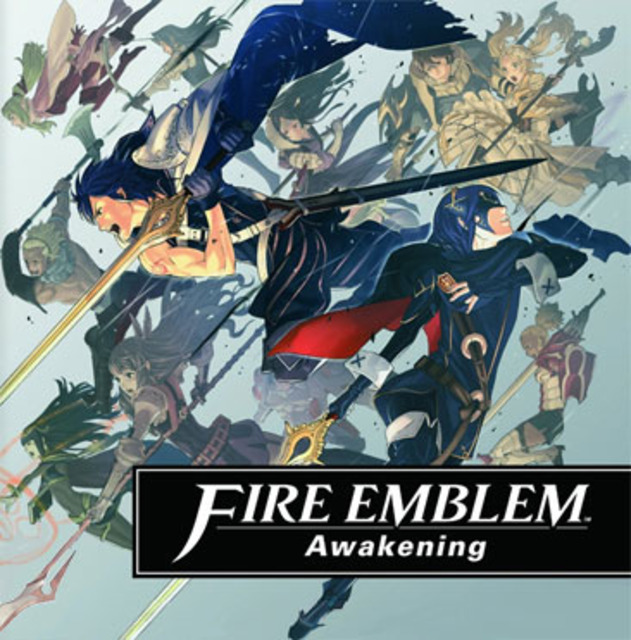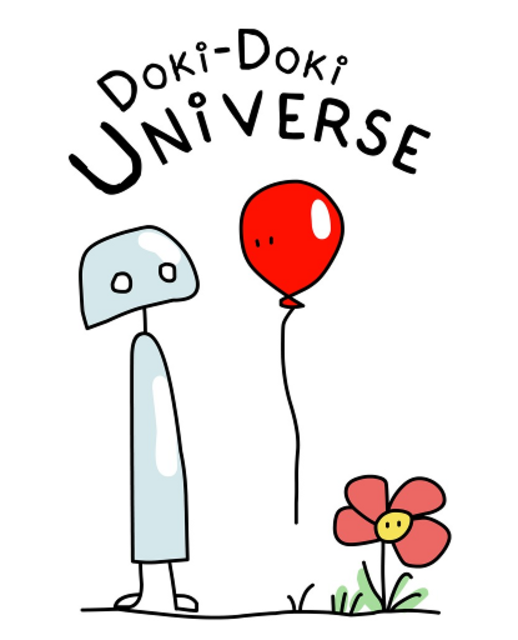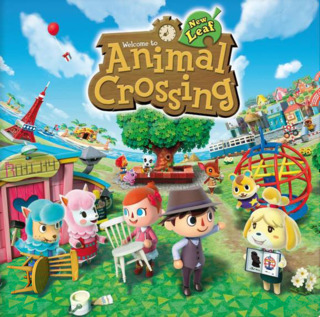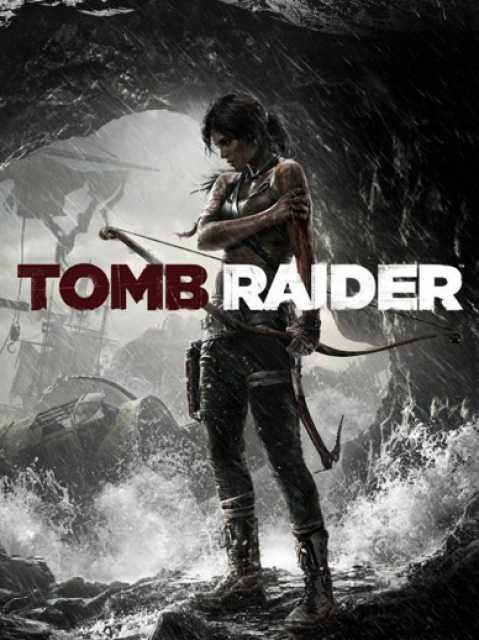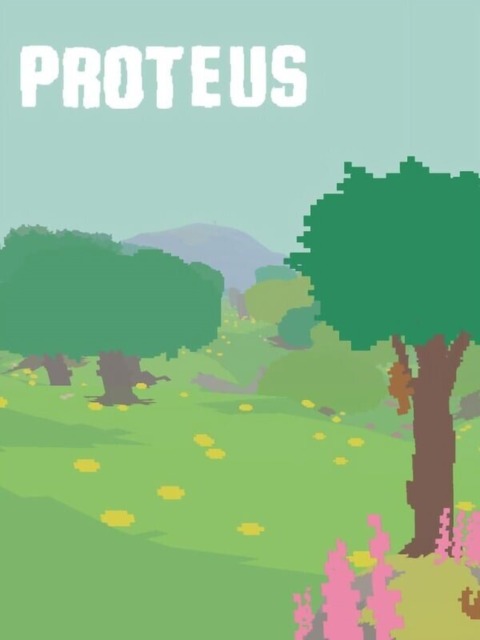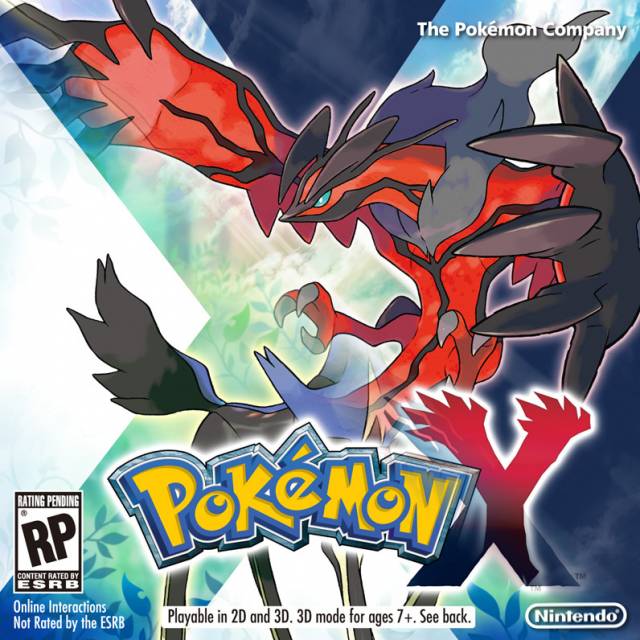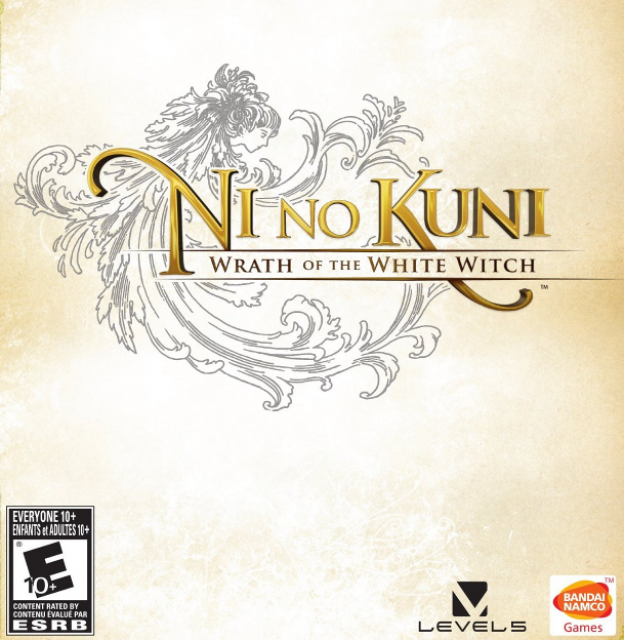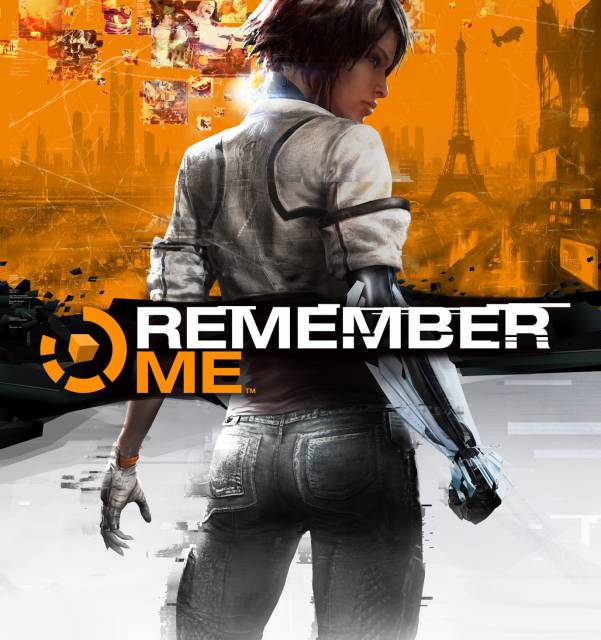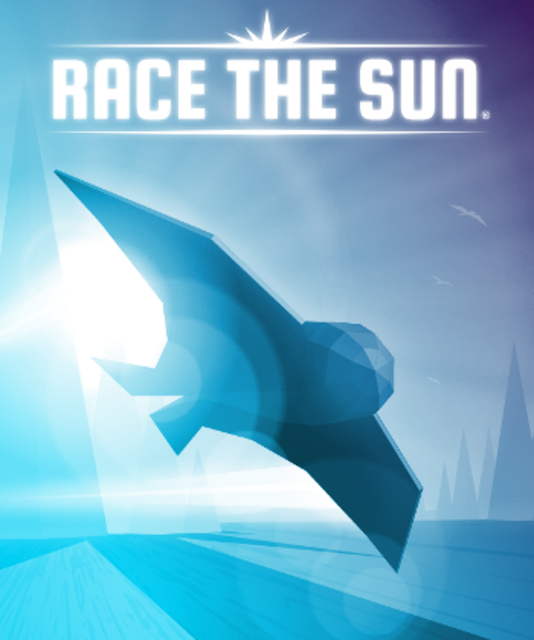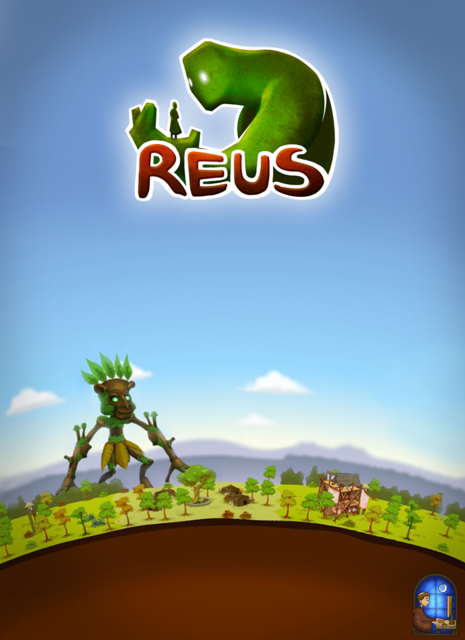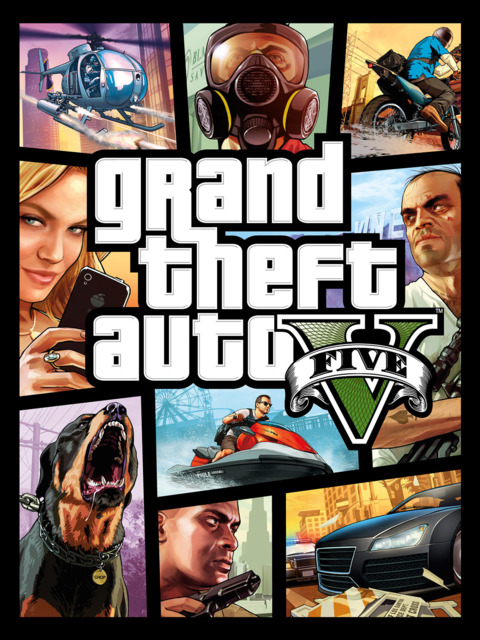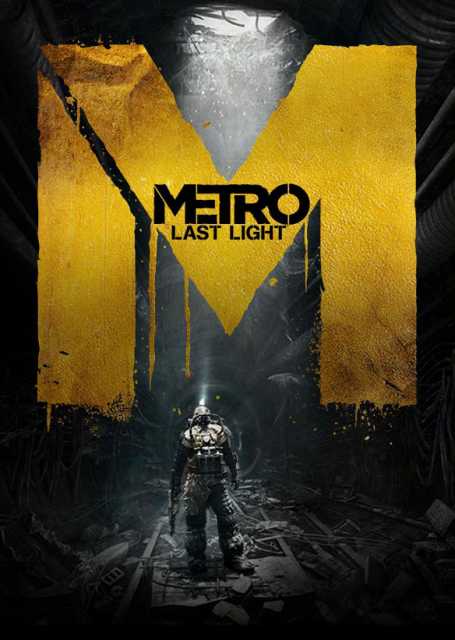List items
-
There is a single sequence in Brothers that I think perfectly encapsulates what the game is about, and how it is about it. The Brothers, each assigned a paddle and a joystick, are navigating a boat across an icy clear, arctic lake. As they weave between glaciers and icebergs a trio of Orca-like whales appear, bursting forth from the water's blue depths in a shower of frothy bubbles; their breaching forewarned by a long, aching cry. The whales are intimidating presences, jumping and crashing as the Brothers float along. If the boat strays underneath them they will crush it. Their presence is threatening without being antagonistic. They are a danger, surely, but in the same manner that falling off a cliff is a danger, a threat that harbors no malice. After crossing the lake the Brothers slip their way across some icebergs and begin trudging up a windy path, where they happen across a distressed mother turtle. After retrieving her young the Brothers shimmy along a sharp ledge before clambering up a cliff face. At the top they reach a snow covered plateau overlooking the stretch of water they just passed through. From below the whales' calls reverberate across the icy landscape. The Brothers have the option to sit at a bench with a great view of the whole affair. Here they joyfully imitate the whales' cries, and below the whales respond, leaping playfully and calling right back. The entire time the music never rises above ambient. The whole development relies entirely on a purposeful cadence and confidence in restraint, a combination that is adhered to throughout the game. The result is something I wouldn't hesitate to call truly special.
-
In distance running a state of mind exists that is referred to as the Runner's High. It is a mental state that cannot be forced, tricked, planned for, or built towards. Because of this it seldom happens. It strikes without warning or preparation, and you will not realize it has occurred until you are caught up within its thrall. It is sweet and wonderful and once you have experienced it you will run for years to get it again, chasing a memory. Many times you will approach its sensations, will get a hint of its wonder, will sense it on the edges of your consciousness, only to have it flirt away, tantalizing and unreachable. You cannot know when, or even if, it will happen again, but this does not stop the pursuit. This same sensation exists in all great works; the pages of a novel, the strokes of a painting, the frames of a movie, the movement of a video game. Time dilates, sensations are compressed into vivid memories, moments become fixed vibrantly in our minds. Like the Runner's High this sensation is unpredictable and unforeseeable. By its very nature it must take us by surprise. Gone Home triggered this response within me, and that is enough. The moment was fleeting, but wonderful. And so I begin the search again, looking, always looking. Chasing the white rabbit.
-
The Last of Us made me realize a rather obvious thing that I had lost track of to an extent. A good story is a good story no matter what form it takes. To expand that idea a tad, ever since playing Braid and listening to Jonathan Blow talk I have been hooked on the idea of games telling stories in the way that only they can; through game play and interaction. It is a tantalizing idea, to tell a story entirely within the framework of a feedback loop between player and game, to have the game and player inform each other in equal turns, and to have the game's responses and interactions internalized and processed by the player in meaningful ways. It is the idea of a pure game story, taking the fundamentals of interaction and giving them meaning. It is a form of narrative that holds incredible potential, but I've come to realize that within the framework of video game stories it is not an absolute. The Last of Us made me remember that by doing wonderful things within an existing framework. I enjoy the "video-gamey" parts of The Last of Us to varying degrees, and while it is certainly not aimless it exists within the traditional structure of big budget action games, meaning that it often does things that I find to be regrettable, even if they aren't overly hostile to the experience. Non-interactive cut-scenes, turret sequences and obvious combat arenas are not game breaking, and neither is an overly murderous main character with sympathies. It's all to be expected, even if there is hope that qualifications are not always going to be necessities. But among all the baggage The Last of Us manages to bring forth empathy in a character that has just murdered dozens of individuals in a manner that the player is entirely complicit in. To stay grounded in this sort of environment is certainly difficult, but somehow Naughty Dog manages it. Whether it is a gross amount of suspension of disbelief or just good execution, The Last of Us makes a human story in a very inhuman environment. It is good storytelling, something that can be appreciated irrespective of its medium. At some point it was good enough that I just stopped caring about the faults. And boy, does it end.
-
-
-
Gunpoint has a palpable individuality driving it; the writing, puzzles and game play all being an extension of a very definite heart. This doesn't really come as a surprise though, seeing as how the entire game was made by one Mr. Tom Francis, a sunny British gentleman who imbued every inch of Gunpoint with his personal wit and charm. It is the kind of game that a decade ago would have been running in flash on some random corner of the internet, but thanks to the prevalence of cheap and easy game-making tools, it is on Steam as a far more robust experience. Also, it was successful enough to allow Tom Francis to quit his day job to make games full time, which is a boon for everyone.
-
-
-
-
-
Awakening has a ton of awesome content, but it is a mediocre FE game. The addition of: A.) Improved Support System B.) A Generational System not seen since FE 4 and C.) An enormous number of maps and characters in both the base game and DLC means that the game has an extensive amount of interesting conversations, characters and places to explore. However, all this additional content is undermined by the fact that Awakening has possibly the weakest combat scenarios of the entire FE series. Maps are often too open and fail to provide interesting objectives and the nearly unlimited amount of character experience and weapons means there is no need to play maps with under-leveled characters or to fight with less-than-your-best weapons. The design issues run even deeper than the ability to over-level though, as the game is designed around the idea that your characters will always be fighting with a supporting character, which means that single characters out on their own will often be vulnerable, whereas the same character with a support is often too powerful. It's a shame really, as the support and class systems are the most robust they've ever been, as are the number of characters and scenarios. Also, none of the characters have any feet; not a game breaking feature, but it is a bit off-putting. Overall, I still had a lot of fun with Awakening, and if Intelligent Systems can improve the combat while maintaining the external improvements I think they'll have a pretty special game on their hands.
-
-
The last Animal Crossing game I played was Wild World for the DS, and I quit that one quite early, mostly due to fatigue, as I had played the GameCube version at least sporadically for years after it came out. So with that in mind it was nice to come back to Animal Crossing after a long time away. New Leaf felt like the familiar world I'd left, but with enough improvements and additions to make it unique. AC has become like Pokemon for me; too similar from update-to-update but still enjoyable enough to dive into every couple of years. Unless there's a massive update to the formula I doubt I'll jump back in for awhile, but I enjoyed this one for the time I spent with it.
-
I think it speaks to the nature of Tomb Raider that my thoughts on the game are segregated into individual opinions on each part of the whole. I think the story is bad, the bow-and-arrow and puzzle-exploration areas are good, and the set-pieces and gun play are passable. Because of this the game feels a bit disjointed and ineffectual overall, but I had enough fun shooting people with arrows and exploring the environment to have at least enjoyed my time with the game. Also, the actual tomb raiding was a little thin, but like most of the game's issues it's something that could theoretically be improved in the sequel.
-
Proteus was a cool game to mess around with for an hour, and while I certainly wouldn't mind a version with a larger world and more content, what's there was interesting as both an experience and an experiment. Twenty game a year like this would belabor the point and ruin the appeal, but more experiments like this are a great byproduct of video gaming's changing landscape.
-
Unity came out in 2011, but its new Black Turn DLC came out this year, so that's what is on the list. The expansion is just as good as the earlier campaigns, although the scenarios do tend to get easier as the campaign progresses due to a strict adherence to historical accuracy. To a history and strategy buff like me this is a positive, but it's certainly not a game for everyone.
-
The Stanley Parable is funny and insightful, managing to poke fun at tropes and faux pas even whilst committing them itself. It is a clever deconstruction of first-person (and particularly first-person-shooter) games and their mechanics, but aside from being genuinely witty and amusing, it comes off as feeling a bit too spongy to be truly brilliant. There is an acidity to great parody and satire that TSP sort of misses out on, being a bit too fluffy and on the nose to make a truly prophetic impact. That's not so much a knock on the game as an observation that it is a bit fleeting, you get the joke, laugh, and then its over; nothing ever sticks around to really prickle you. How much you get out of it will depend on how funny you think it is, as in the end it's the jokes and not the commentary that carry the experience.
-
I think my new rule of thumb is to only play one generation of Pokemon game per handheld. The main formula of Pokemon still works for me, but the changes from game-to-game don't do enough to prevent fatigue. After taking a long break from the series it was Platinum that brought me back into the fold, as I put about 150 hours into that one. Then I played only a few hours of HeartGold and beat Black (Or White, I forget) but was sort of uninterested by the end of it. With X and Y I found that while I liked a lot of the changes/improvements I just didn't have the initiative to finish. I stopped playing about 6 badges in and then put it down, and I haven't played it since. It's not really Pokemon's fault, but I won't be chomping at the bit for the next iteration, unless it's something drastic like a full-on console version or something.
-
-
-
-
-
-
At this point I've learned that I don't really like the Grand Theft Auto series that much. I see the appeal for others but I can't manage to find much for myself. It doesn't help that this iteration belabors Rockstar's version of satire harder than earlier games have. Every iteration from Vice City onward has gotten more and more distasteful to me, in more than one aspect, and this one continues that trend. My main problem with GTA is that it doesn't do any one thing particularly well, it just does them all loudly. It's that loud and distasteful tone that really bothers me, and since I don't particularly like playing it there's not really much here for me. My ultimate take away is that I learned this isn't a series I'll never like, and that's ok.
-
-

